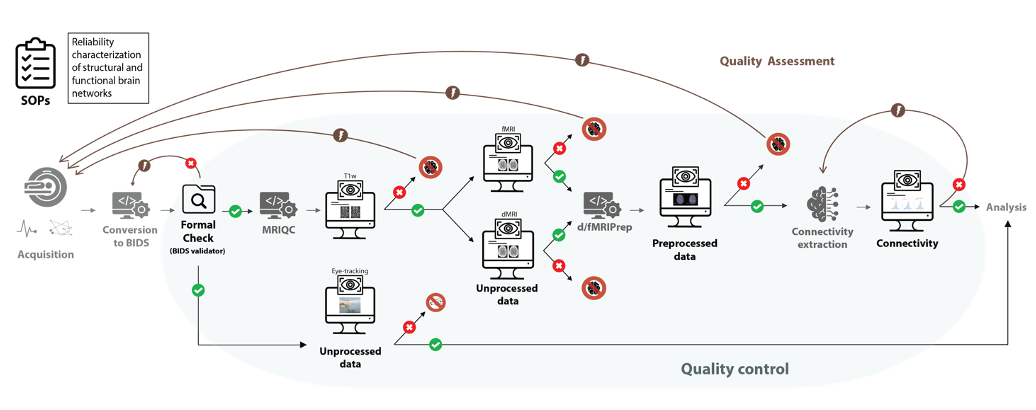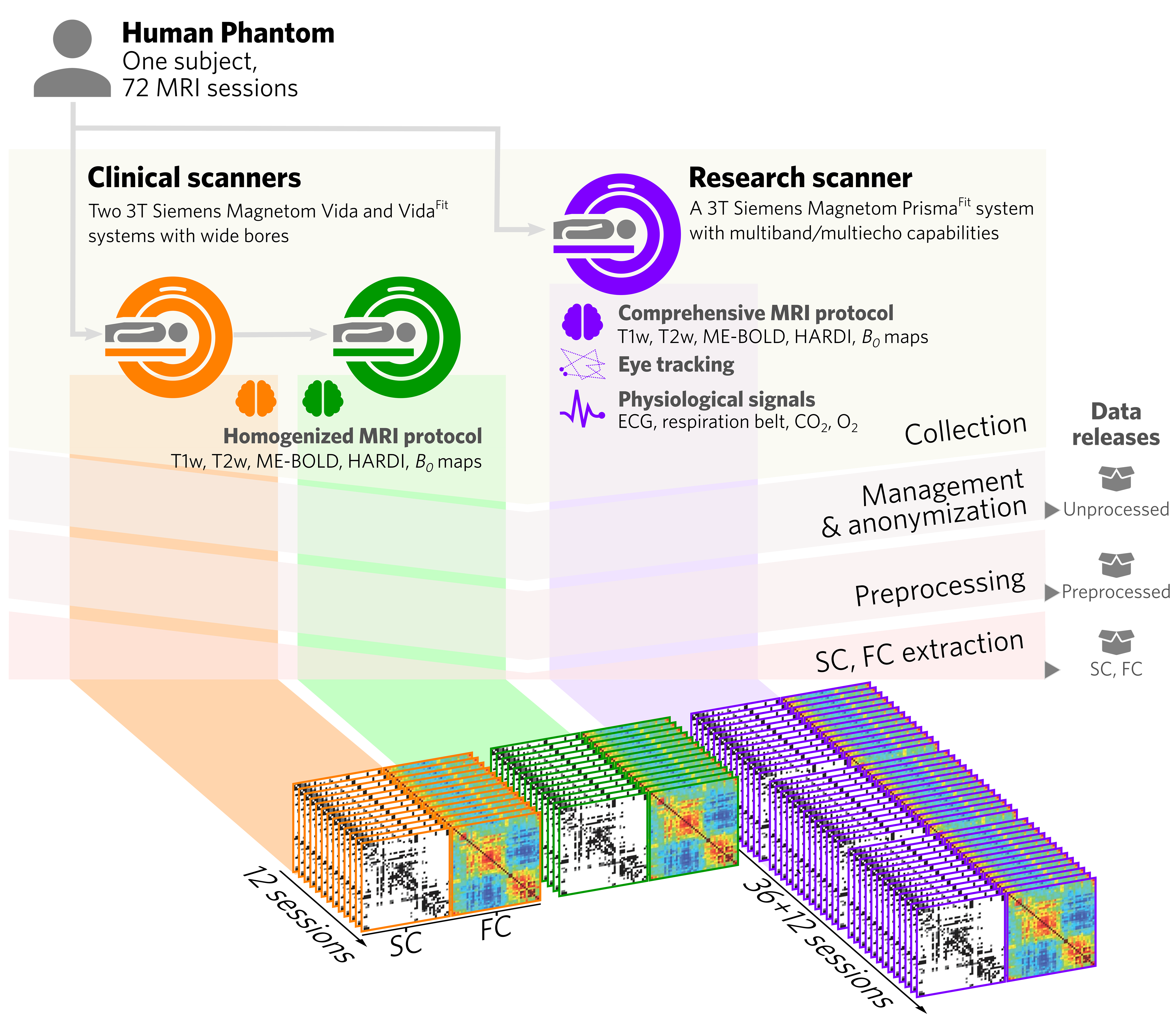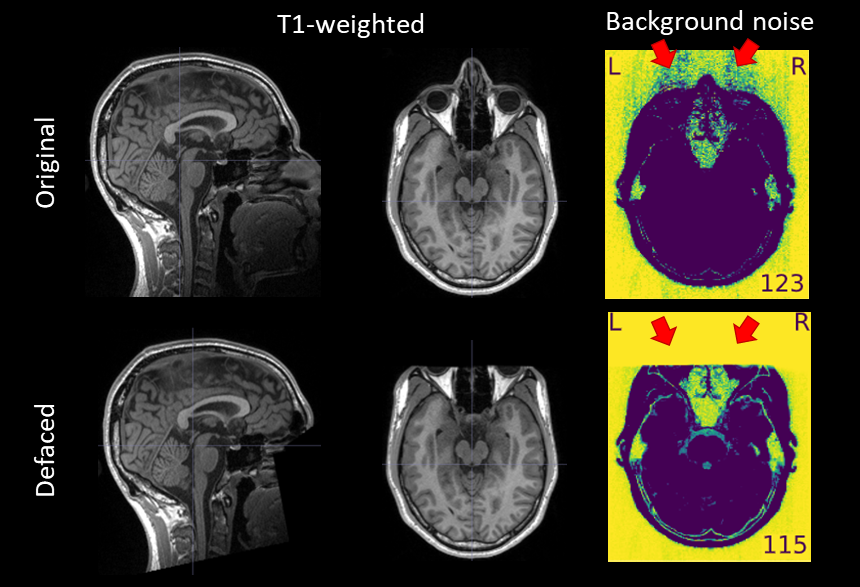Provins Céline
Researcher and Software Developer in Neuroscience and Biomedical Imaging Switzerland
provins.celine@hotmail.com LinkedIn

Highlights
Medical imaging expert with 5 years of experience in developing, testing, and optimizing scalable, high-performance, and modular data pipelines for MRI using Python, R, containers, HPC, and Git tooling, building on strong foundations in biomedical engineering, biomarker research, and mathematics. Appreciated for outstanding organizational and for working effectively both independently and in teams, demonstrating curiosity, initiative and autonomy in solving complex problems and ensuring a reliable and timely delivery of results. Recognized for excellent communication skills, whether it is to collaborate with a multidisciplinary team or to communicate the interpretation of complex medical data to a broad audience effectively.
My motto
Continuous learning, whilst delivering meaningful projects with existing and new expertise
News
| Sep 12, 2025 | I just spent 3 fantastic days in Basel for PharmaCamp 2025! 🧠 On the first day, we gained valuable insights into careers in pharma from industry experts. The next two days were all about the hackathon, where CSEM challenged us to prototype either a smart pipette tip or a microneedle array.I was truly impressed by the dedication of the 25 participants. In just 10 hours, we not only developed sound solutions to real-world problems, but also took on the roles of project managers and market analysts. Very inspiring! I feel especially grateful to have collaborated with an amazing and friendly team of four talented researchers. This experience reinforced my conviction that I am passionate about innovation and that I thrive when working in a connected team towards a common goal. |
|---|---|
| Jul 30, 2025 | New paper out in Cerebral Cortex! 🧠 5 years later the work I did during my master thesis is finally published! |
| May 30, 2025 | New paper out in PLOS Biology! 🧠 Defacing MRI images is essential to protect participant privacy, but are there unintended consequences? In this registered report, we showed that defacing significantly alters manual quality assessments of structural MRI images: human raters evaluated the same images differently depending on whether facial features were present. This suggests that defacing removes not only identifiable information but also visual cues critical for assessing image quality. The risk? Poor-quality images may persist despite quality control, potentially undermining the reliability of the study. As a consequence, we recommend to perform quality control before defacing. This work is also the first paper we brought to completion as a registered report, which was not short of challenges, but we learned a ton in the process. Huge thanks to my coauthors for their precious guidance and time investment in this project. |
| May 04, 2025 | Just back from three inspiring days in Boston, where I had the chance to collaboratively contribute to the NiPreps software ecosystem! I spent the time coding alongside like-minded peers, learning from domain experts, and expanding the scope of our tools. My contribution was a deep-dive discussion on the needs to assess quality of Positron Emission Tomography (PET) imaging. This led me to develop a new workflow—drawing inspiration from MRIQC’s functional processing—to generate quality reports tailored to PET. Curious about the progress? You can follow the pull request here! Also had the pleasure of reconnecting with old friends. Fun times ! :) |
| Apr 29, 2025 | Australia here I come! I am thrilled to have been awarded a travel grant to attend the Annual Meeting of the Organization for Human Brain Mapping (OHBM) 2025 in Brisbane, Australia. This opportunity allows me to pursue a long-standing ambition: to premiere the open release of our large multi-modal MRI dataset, the Human Connectome Phantom (HCPh) dataset. My goal is to engage with the neuroimaging community and encourage the adoption of this dataset to explore important and fascinating research questions. At OHBM, I’ll participate in BrainHack—a three-day collaborative coding event—present a poster showcasing our first analyses of the HCPh dataset related to the intra-subject reliability of functional MRI, and, give a talk to share our latest insights drawn from this unique resource. |



